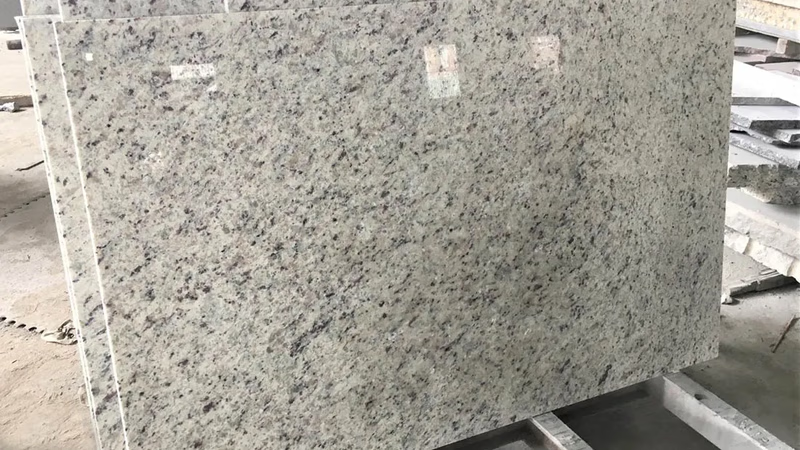
How does the Middle East dominate the natural stone trade through B2B platforms?
The Middle East has emerged as a pivotal hub in the global trade of natural stones, including granite, marble, sandstone, quartzite, and travertine. Leveraging advanced B2B platforms, such as those prevalent in West Asia, the region facilitates seamless connections between verified exporters and importers, bolstering its position in the international natural stone market. Granite, a durable igneous rock prized for its strength and versatility, is a cornerstone of this trade. Widely used in construction for tiles, paving slabs, countertops, and facades, granite finds robust demand across the Middle East and beyond. Regional suppliers offer distinct advantages, including high-quality stone, competitive pricing, and proximity to global shipping lanes. Buyers benefit from refined supply chain solutions and comprehensive product listings on Middle Eastern trade platforms, which provide insights into market trends and verified trading partners. While granite is celebrated for its resilience and aesthetic appeal, it can pose challenges such as higher costs and complex installation requirements. However, the advantages often outweigh these drawbacks, particularly when sourcing from West Asia, where economies of scale and advanced logistics mitigate such concerns.
In addition to granite, the Middle East is a leader in sandstone and quartzite trade. Quartzite, known for its hardness and suitability for both interior and exterior applications, is mined extensively in the region. Similarly, travertine, a popular choice for tiles and facades, benefits from the Middle East"s strategic presence in the natural stone market. Aritral, an AI-driven B2B platform, simplifies international trade by offering services such as product listing, direct communication, and AI-powered marketing, ensuring a streamlined experience for natural granite buyers and sellers. By connecting traders and providing actionable market insights, platforms like Aritral fortify the Middle East"s dominance in the natural stone trade.
-
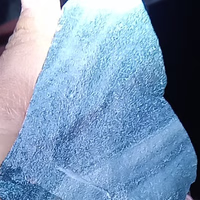 Amiraddin 2 months ago
Amiraddin 2 months ago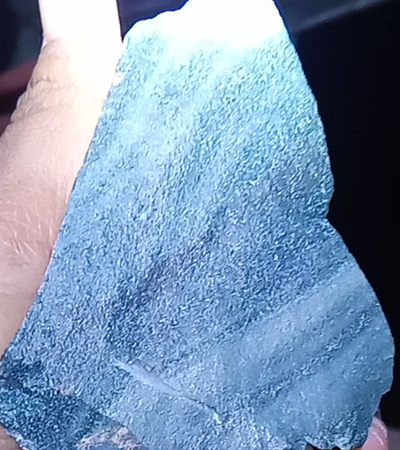 Yemen
Jade Stone
Yemen
Jade Stone
Jade stone for saleDetails
-
 Kani Sarv Paya 1 months ago
Kani Sarv Paya 1 months ago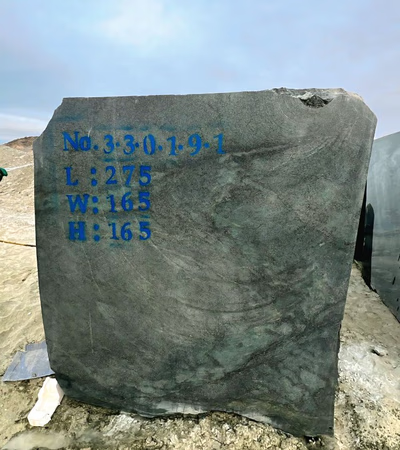 Iran
Granite Stone
Iran
Granite Stone
Kani Sarv Paya Company operates in the field of exporting Marsh, Amazon, and Granada stones to the whole world.Details
-
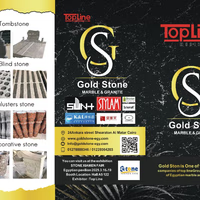 Bishoy Latif 1 months ago
Bishoy Latif 1 months ago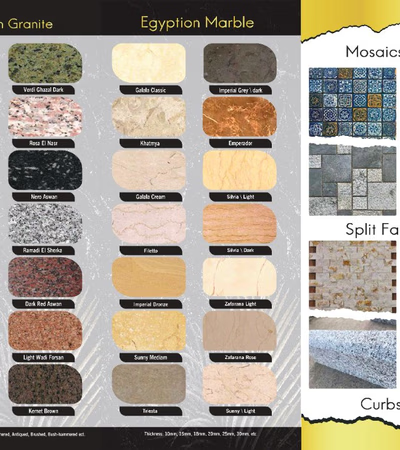 Egypt
marble and granite
Egypt
marble and granite
Export of all marble, granite, and natural stone products in all sizes and thicknesses from EgyptDetails
-
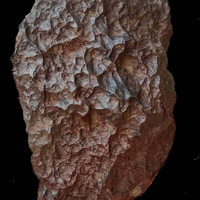 Rahmani 3 months ago
Rahmani 3 months ago Oman
meteorite
Oman
meteorite
meteorite with certificate around 3500grDetails
-
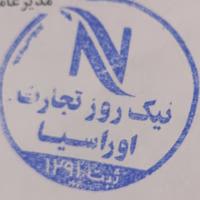 Nik Rooz Tejarat Eurasia 1 months ago
Nik Rooz Tejarat Eurasia 1 months ago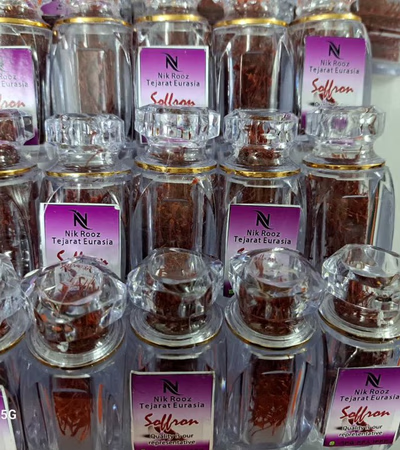 Iran
Saffron
Iran
Saffron
Hello Agricultural products are supplied directly and from the producer.Details
-
 Rubyrocks Gememporium 3 months ago
Rubyrocks Gememporium 3 months ago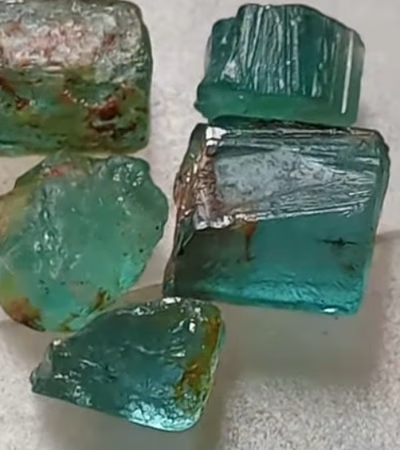 Pakistan
Emerald turmaline Topaz sephire ruby peridots garnet spinal kunzite
Pakistan
Emerald turmaline Topaz sephire ruby peridots garnet spinal kunzite
We sell all kind of precious and semi precious natural loose cut and rough gemstone , since from last 11 years to a trusted customer across the worldDetails
-
 Almas Astone 3 months ago
Almas Astone 3 months ago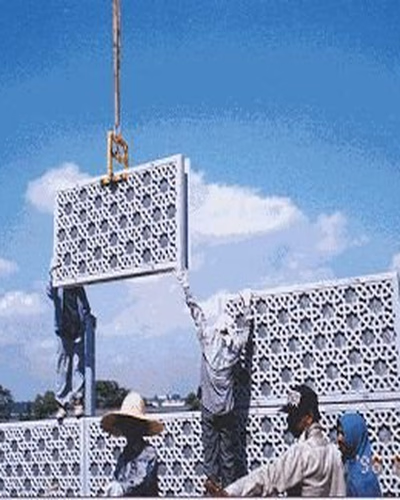 Iran
Export of all stone building products
Iran
Export of all stone building products
Production of various stone building products. Internal wall panels, external facade, production of various artificial stones including nano cement pl...Details
-
 Mohammad Asaf 1 months ago
Mohammad Asaf 1 months ago Syria
Precious Stones
Syria
Precious Stones
Precious StonesDetails
-
 Oussama 4 months ago
Oussama 4 months ago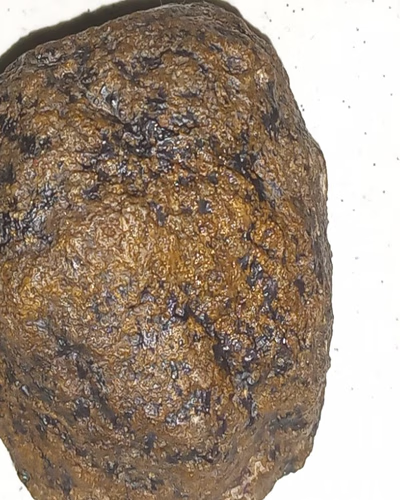 Morocco
Gold Stone of nyzak
Morocco
Gold Stone of nyzak
Weight is 250 gr. Covered with gold and iron. Color is black and shines 3 to 4 cm. Magic Stone.Details
-
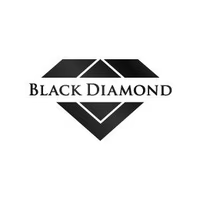 Eng. Lotfy Kamel 4 months ago
Eng. Lotfy Kamel 4 months ago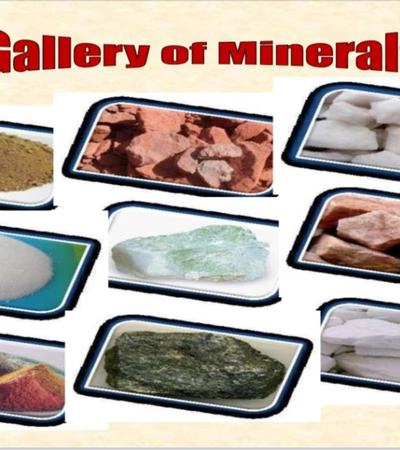 Egypt
Mineral and Industrial Raw Materials
Egypt
Mineral and Industrial Raw Materials
We are a rapidly growing Egyptian company, founded by a group of specialized experts who have great experience in the field of trade, mining, and supp...Details
-
 Gogoods 1 months ago
Gogoods 1 months ago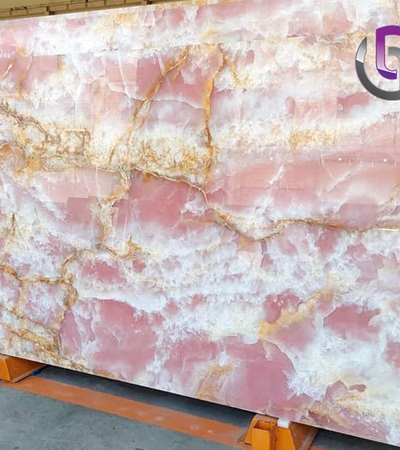 Armenia
B2B Company in Armenia
Armenia
B2B Company in Armenia
We are proud to offer a wide and diverse range of products including industrial goods, agricultural products, building materials, food items, pet supp...Details
-
 Natural 5 months ago
Natural 5 months ago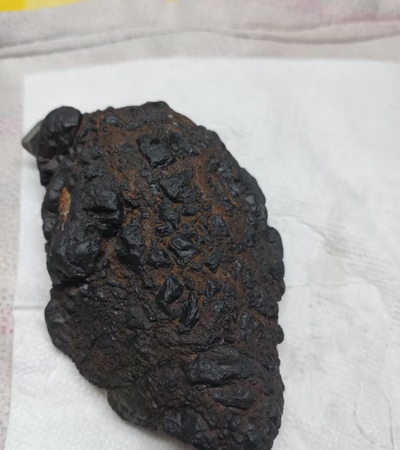 Iraq
Natural
Iraq
Natural
NaturalDetails
-
 Ahmed 1 months ago
Ahmed 1 months ago Egypt
Granite New Halayeb and Halayeb and Jundola Red Aswan Black Aswan Gray
Egypt
Granite New Halayeb and Halayeb and Jundola Red Aswan Black Aswan Gray
Al-Fahd Stone for Marble and Granite for exporting the best types of marble and granite to all Arab countries, African countries, the Gulf, and foreig...Details
-
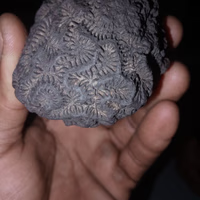 Garom M.Koransang 5 months ago
Garom M.Koransang 5 months ago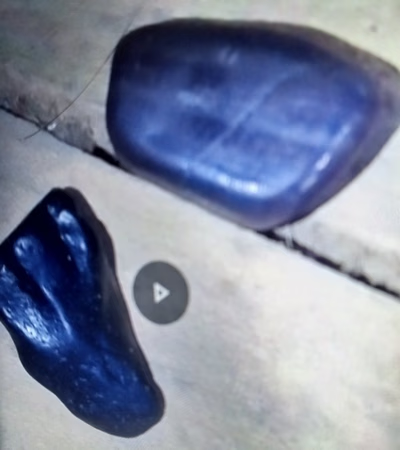 Philippines
Fossilrock
Philippines
Fossilrock
Buyers have to see and test.my itemDetails
-
 Osama Jamal Abrahim 5 months ago
Osama Jamal Abrahim 5 months ago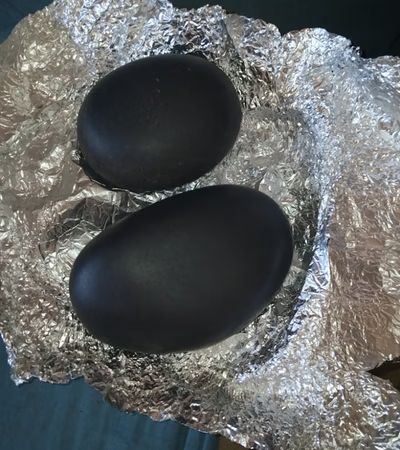 Ethiopia
Stone Carving Expert
Ethiopia
Stone Carving Expert
Based in Ethiopia, Oromia Region, East Hararghe Zone, Dadar Town. Phone number +251915184038 email oj70404@gmail. comDetails
-
 Abdel Moutalib 6 months ago
Abdel Moutalib 6 months ago Mauritania
Abdel Moutalib
Mauritania
Abdel Moutalib
I have some meteorites.Details
-
 Syed Najmuddin 6 months ago
Syed Najmuddin 6 months ago Pakistan
Ruby Gems
Pakistan
Ruby Gems
Natural stone from Gilgit-BaltistanDetails
-
 Nume Gems 6 months ago
Nume Gems 6 months ago Saudi Arabia
aqyamaeine
Saudi Arabia
aqyamaeine
badakhshanDetails
-
Middle East Granite Trade: Trends in Natural Stone Commerce

The Middle East has emerged as a pivotal hub in the global trade of natural stones, including granite, marble, sandstone, quartzite, and travertine. Leveraging advanced B2B platforms, such as those prevalent in West Asia, the region facilitates seamless connections between verified exporters and importers, bolstering its position in the international natural stone market. Granite, a durable igneous rock prized for its strength and versatility, is a cornerstone of this trade. Widely used in construction for tiles, paving slabs, countertops, and facades, granite finds robust demand across the Middle East and beyond. Regional suppliers offer distinct advantages, including high-quality stone, competitive pricing, and proximity to global shipping lanes. Buyers benefit from refined supply chain solutions and comprehensive product listings on Middle Eastern trade platforms, which provide insights into market trends and verified trading partners. While granite is celebrated for its resilience and aesthetic appeal, it can pose challenges such as higher costs and complex installation requirements. However, the advantages often outweigh these drawbacks, particularly when sourcing from West Asia, where economies of scale and advanced logistics mitigate such concerns.
In addition to granite, the Middle East is a leader in sandstone and quartzite trade. Quartzite, known for its hardness and suitability for both interior and exterior applications, is mined extensively in the region. Similarly, travertine, a popular choice for tiles and facades, benefits from the Middle East"s strategic presence in the natural stone market. Aritral, an AI-driven B2B platform, simplifies international trade by offering services such as product listing, direct communication, and AI-powered marketing, ensuring a streamlined experience for natural granite buyers and sellers. By connecting traders and providing actionable market insights, platforms like Aritral fortify the Middle East"s dominance in the natural stone trade.
-
Natural Stone Trade in the Middle East: Marble, Granite, and More
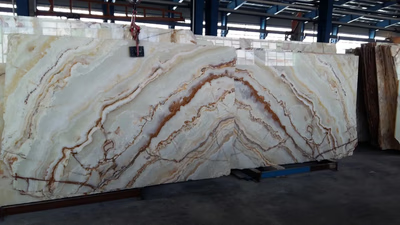
In the dynamic landscape of the Middle East’s commodity trade, natural stones such as marble, travertine, sandstone, granite, and quartzite are pivotal. These stones are not only essential for the region’s construction and design industries but also play a significant role in its export economy. Known for their unique textures and material properties, Middle Eastern marbles, including the renowned ‘Magical Middle Eastern Marble,’ are sought after for building facades, flooring, and decorative applications. The region serves as a hub for verified exporters and importers, offering a rich selection of natural marble tiles and flooring options. Travertine, a hallmark building stone in the Middle East, is extensively traded in the region due to its durability and aesthetic appeal. Its market, driven by large-scale projects and architectural trends, underscores the Middle East’s position as a significant stone producer and exporter. Similarly, sandstone, with its versatility in cladding facades, garden furniture, and pool designs, is highly valued. This material’s properties, such as weather resistance and natural beauty, make it a preferred choice for both functional and decorative uses.
Granite and quartzite, known for their robustness, are indispensable in the construction of pavements, interior facades, and other high-strength applications. The Middle East granite market continues to attract buyers and sellers, capitalizing on regional infrastructure growth. Quartzite, in particular, is mined extensively and is favored for its hardness and adaptability in exterior and interior designs. Platforms like Aritral simplify the complexities of this trade by offering regional product listings, market insights, and AI-powered marketing tools, fostering seamless business networking. For importers and exporters looking to tap into the natural stone trade of West Asia, such platforms provide a streamlined approach to engage with verified partners and leverage the growing demand for premium quality stones.
-
Quartzite and Natural Stone Trade in the Middle East

Quartzite is a highly durable metamorphic rock widely used for both exterior and interior facades, making it a prized commodity in the global natural stone trade. The Middle East has emerged as a dominant player in the trade of quartzite and other natural stones such as marble, granite, travertine, and sandstone, leveraging advanced B2B platforms and verified exporter networks. With the presence of extensive quartzite mines and being home to the largest stone producers and exporters in the region, the Middle East propels the growth of natural stone commerce across West Asia and beyond. The region’s ability to lead in this sector hinges on its robust trade platforms, such as those offering regional product listings, market insights, and direct communication between buyers and sellers. Verified exporters and importers enhance trust and transparency, ensuring high-quality supply chain solutions for stakeholders. Quartzite, along with other natural stones, is featured prominently on these platforms, enabling businesses to explore offerings tailored to global and regional demand. Middle Eastern B2B marketplaces provide vital market insights into trends like the growing demand for travertine tiles and granite slabs. These platforms also facilitate business networking opportunities, enabling buyers and sellers to connect seamlessly.
Quartzite’s unique properties—its hardness and aesthetic appeal—make it an excellent choice for construction and design, reinforcing its status as a sought-after material in the commodity trade. Aritral, an AI-driven B2B platform, simplifies the trade of quartzite and other natural stones by offering services like product listing, global sales assistance, and AI-powered marketing strategies. As the Middle East continues to dominate natural stone commerce, businesses can rely on these technological solutions to navigate the evolving landscape with efficiency and precision.
-
Middle East Sandstone Trade: A Hub for Natural Stone Commerce
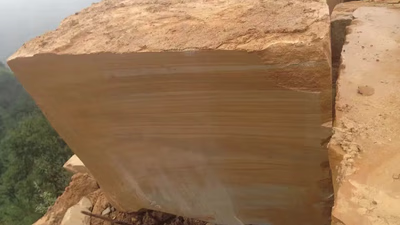
Sandstone, a versatile natural stone, is a cornerstone of the Middle East’s thriving trade in commodities. As a prominent material in construction and design, sandstone is widely used for facades, interior walls, garden furniture, and outdoor installations like patio tables and swimming pool edges. Its properties—durability, aesthetic appeal, and adaptability—make it a preferred choice in the natural stone market. Characterized by its grains, colors, and textures, sandstone is abundant in West Asia, home to various deposits of high-quality materials suitable for global export. The Middle East excels in the trade of natural stones, including sandstone, marble, granite, quartzite, and travertine, leveraging advanced B2B platforms to match verified exporters and buyers. The regional B2B marketplaces serve as hubs for product listings, market insights, and direct communication, ensuring streamlined supply chain solutions. With robust networks of verified exporters and importers, these platforms offer transparency and trust in transactions. Sandstone’s popularity stems not only from its applications but also its ability to compete with granite and quartzite in durability and aesthetics.
Middle Eastern B2B trade platforms, such as Aritral, play a critical role in simplifying international trade for natural stones. They provide AI-powered tools for marketing, global sales assistance, and profile management, helping businesses access the expansive market for commodities like sandstone. These platforms also highlight regional sandstone listings alongside marble, granite, and quartzite, enabling buyers to compare properties and make informed decisions. As the largest stone producer and exporter in the region, the Middle East continues to lead global trends in natural stone trade, particularly through its focus on verified markets and innovative supply chain strategies. Sandstone remains a centerpiece of this trade, offering unmatched versatility and appeal in global markets.
-
Middle East Travertine and Natural Stone Trade Insights
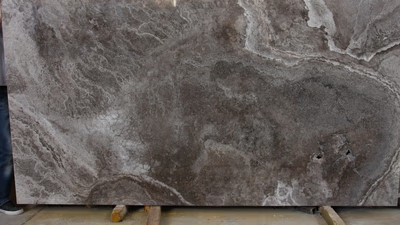
Travertine, a naturally occurring limestone prized for its unique texture and elegance, has become a cornerstone of luxury architecture and decoration across the Middle East. As demand for high-quality natural stones like travertine, marble, granite, and quartzite grows, the region has emerged as a global leader in the natural stone trade. Platforms facilitating West Asia import-export operations, such as B2B marketplaces, play a pivotal role in streamlining this trade by connecting verified exporters and importers with reliable supply chain solutions. The Middle Eastern travertine market, particularly in countries like Turkey and Iran, thrives due to the abundant regional deposits and the stone"s versatility in design applications. Travertine’s porous texture and earthy tones make it ideal for cladding facades, interior walls, garden benches, pool edges, and patio tables. Unlike marble, which is denser and more polished, travertine offers a unique ‘leather’ texture that blends rustic charm with modern aesthetics. B2B marketplaces in the Middle East are instrumental in showcasing travertine tiles and slabs alongside other natural stones such as sandstone and granite. Verified trade solutions ensure seamless transactions, while trade advertising platforms provide insights into market trends and demand fluctuations.
The use of codes like 680221 (cut or sawn stones) and 680291 (processed stone) standardizes trade within the region. The travertine market benefits from the growing preference for natural materials in sustainable construction and interior design. However, challenges such as maintenance requirements and susceptibility to staining are key considerations for buyers. Still, the stone"s durability and timeless appeal make it a preferred choice for both residential and commercial projects. Aritral, an AI-driven B2B platform, simplifies international commodity trade by offering product listings, AI-powered marketing, and account management, further enhancing accessibility in this competitive market.
-
Disadvantages of Granite
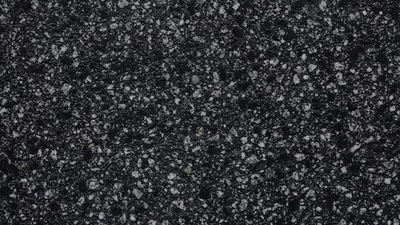
Granite, while known for its durability, has several disadvantages that can impact its use in construction and design. It is susceptible to cracks from extreme temperature changes or improper installation, necessitating careful handling and adherence to installation guidelines. The material"s design flexibility is limited compared to alternatives like engineered stone, making intricate designs challenging and potentially wasteful. Additionally, granite can be expensive due to extraction, transportation, and installation costs, which vary based on quality and rarity. Its heavy weight requires structural support during installation, complicating the process further. Unique varieties may be hard to source, affecting availability and pricing. Although granite"s natural variations in color are often seen as attractive, they can pose challenges for projects requiring uniformity. The stone is also porous and needs regular sealing to prevent staining from liquids.
Maintenance involves routine cleaning and periodic resealing to maintain its appearance. Professional installation is typically required due to granite"s weight and specific handling needs, adding to project costs. Finding large slabs without seams can be difficult, impacting aesthetic appeal. Furthermore, granite surfaces can feel cold and hard to the touch, which may not be comfortable for all users. Lastly, the environmental impact of granite extraction raises sustainability concerns; however, the industry is moving towards more responsible practices. "
-
Advantages of West Asian (Middle Eastern) Granites
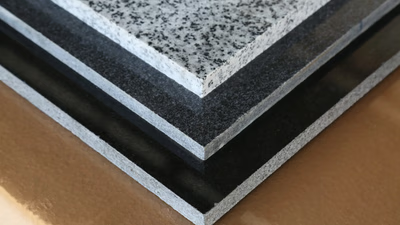
West Asian granites, sourced from countries like Saudi Arabia, Iran, Turkey, and Egypt, showcase a diverse range of colors and patterns due to the region"s geological diversity. Common hues include beige, brown, gray, and pink, offering numerous design possibilities for architectural applications. The abundance of granite resources in the Middle East eliminates the need for imports and provides a cost-effective option for builders. Known for their durability and longevity, these granites resist wear, weathering, and chemical exposure. They are suitable for various uses including flooring, countertops, and decorative elements in both residential and commercial spaces. Additionally, West Asian granites are compatible with materials like steel and wood, enhancing their versatility in design. Their heat resistance makes them ideal for kitchen surfaces while their non-porous nature ensures high resistance to water penetration. The cultural significance of these granites is evident as they are often used in historical monuments and important structures throughout the region.
With an increasing focus on sustainability, quarrying practices are evolving to minimize environmental impacts while promoting responsible resource management. "
-
Application and uses of Granite
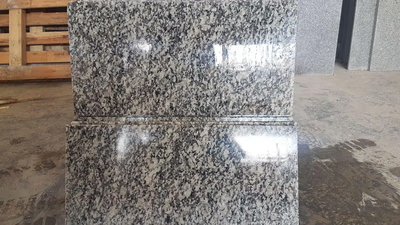
Granite is a versatile material widely used in both residential and commercial applications due to its durability, aesthetic appeal, and resistance to heat and scratches. Commonly found in kitchen countertops and bathroom vanities, granite also serves as flooring in high-traffic areas, wall cladding for interiors and exteriors, and facades for buildings. Its longevity makes it suitable for monuments and gravestones. The granite industry has ancient roots, with major exporters including China, India, Brazil, and Italy. The stone"s unique properties stem from its formation process, where molten rock cools slowly to create large mineral grains. Granite"s applications extend to landscaping features like pathways and patios, as well as infrastructure projects such as bridges due to its strength. Additionally, it is used in interior design elements like fireplace surrounds and furniture pieces due to its variety of colors and patterns. Industrial uses include machinery bases and laboratory countertops where durability is essential.
-
What is Granite stone (rock)?
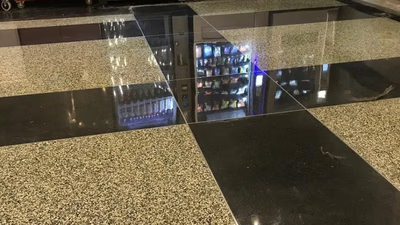
Granite is an igneous rock primarily composed of quartz, feldspar, and mica. Formed from the slow cooling of magma beneath the Earth"s surface, granite exhibits a coarse-grained texture with visible minerals that contribute to its speckled appearance. Its hardness and durability make it a favored building material for various applications, including countertops, flooring, wall cladding, and monuments. Granite"s aesthetic appeal is enhanced by its range of colors such as pink, gray, and black. It is also utilized structurally in foundations and retaining walls due to its strength. The stone"s resistance to scratches and weathering further solidifies its popularity in both residential and commercial construction projects. Granite is quarried globally, cut into slabs or tiles, polished for use in design projects, and serves as a crucial component in infrastructure like road construction. Crushed granite is often used as an aggregate in asphalt and concrete production due to its stability and wear resistance. "




































